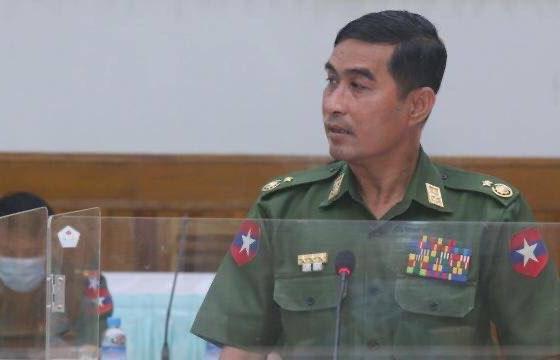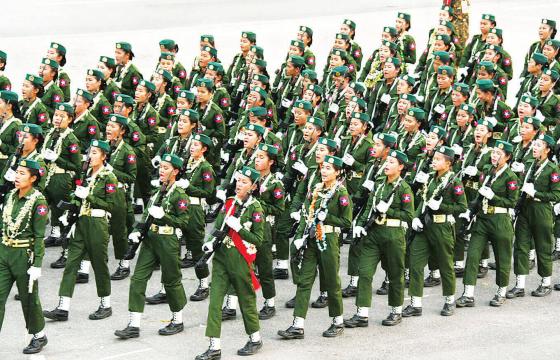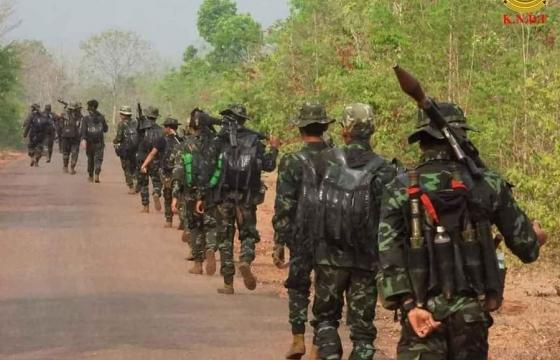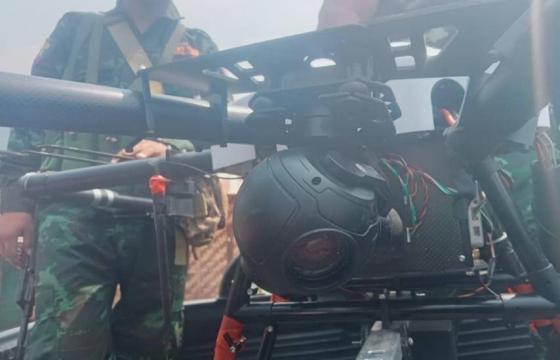Ethnic based parties are unlikely win landslide victories in the seven ethnic states, concludes a Transnational Institute (TNI) briefing paper, entitled Ethnic Politics and the 2015 Elections in Myanmar, published on 8 September 2015.
One reason for this is that the nationally popular National League for Democracy (NLD), who will be a formidable opponent, is fielding candidates in 1,151 constituencies out of a total of 1,171 constituencies. Previously, the NLD did not compete in the 2010 elections and the main opposition to the ethnic parties was the army proxy party the Union Solidarity and Development Party (USDP).
Other reasons that ethnic parties may not win seats include:
- The prospect of vote-splitting among different parties belonging to the same ethnicities (“The choice for a voter is easy if there is only one party in their constituency representing their ethnicity”)
- The Nationwide Ceasefire Agreement (NCA) is still yet to be signed which indicates that some constituencies in conflict areas are likely to be affected by polling cancellations shortly before the election day, which happened in 2010
- Also unlike big parties, many ethnic parties are facing significant financial constraints
- Equally important, in many ethnic borderlands, especially conflict-affected areas, there is very little interest in elections that do not appear to have tangible relevance for the challenges in most people’s daily life
However, according to the report, the number of seats won by ethnic parties could be boosted, if they could either agree to merge or agree not to stand against each other in the same constituencies. In addition, the signing of the NCA could also provide an adequate insurance that there will be no cancellation of polling.
The report points out that there have been very few successful alliances and mergers between ethnic political parties. It says: “To date, the only successful merger has been that of the 1990 and 2010 Rakhine parties to form the Rakhine National Party, which now appears poised to take a large majority of the seats in its state."

The Arakan National Conference in May 2015, in Kyaukphru, which was considered the fruit of the successful merger between the state’s 1990 and 2010 winning parties. (Photo: The Nation)
Nevertheless, the report says there is a bright side to the upcoming elections compared to 2010 or even 2012, namely:
- The political climate in the country is significantly more open, with a fairly vibrant and generally uncensored media and greater civil liberties, as well as public confidence in exercising those civil liberties.
- There has been close collaboration between the election commission and international electoral support organisations, which has helped to promote international standards.
- The cost of standing as a candidate has been reduced from 500,000 kyats to 300,000 kyats (about $250 USD). In 2010 the fee was non-refundable. But now, as in 1990, it is a deposit, refunded in full to winners, as well as to any candidate who obtains at least 12.5% of valid votes.
The TNI report recommends that the elections are “closely monitored and openly pursued and that, whatever the outcome, it is not perceived as an end itself but another step in a reform process that still has a long way to run in bringing peace, equality and democratic rights to all the country’s peoples.”
The full briefing can be read from http://www.tni.org/work-area/burma-project
Edited in English by Mark Inkey for BNI







